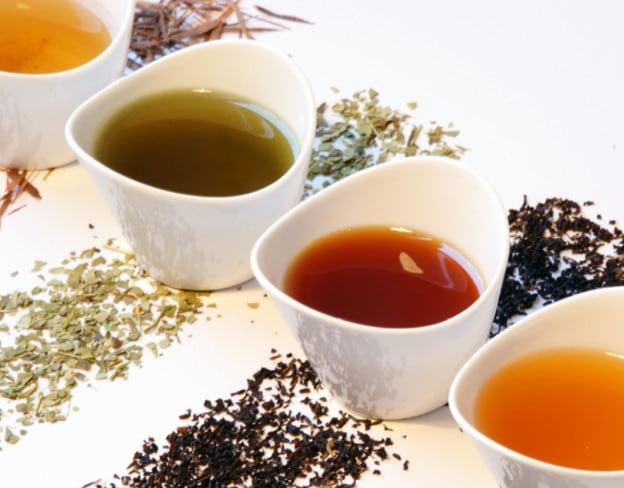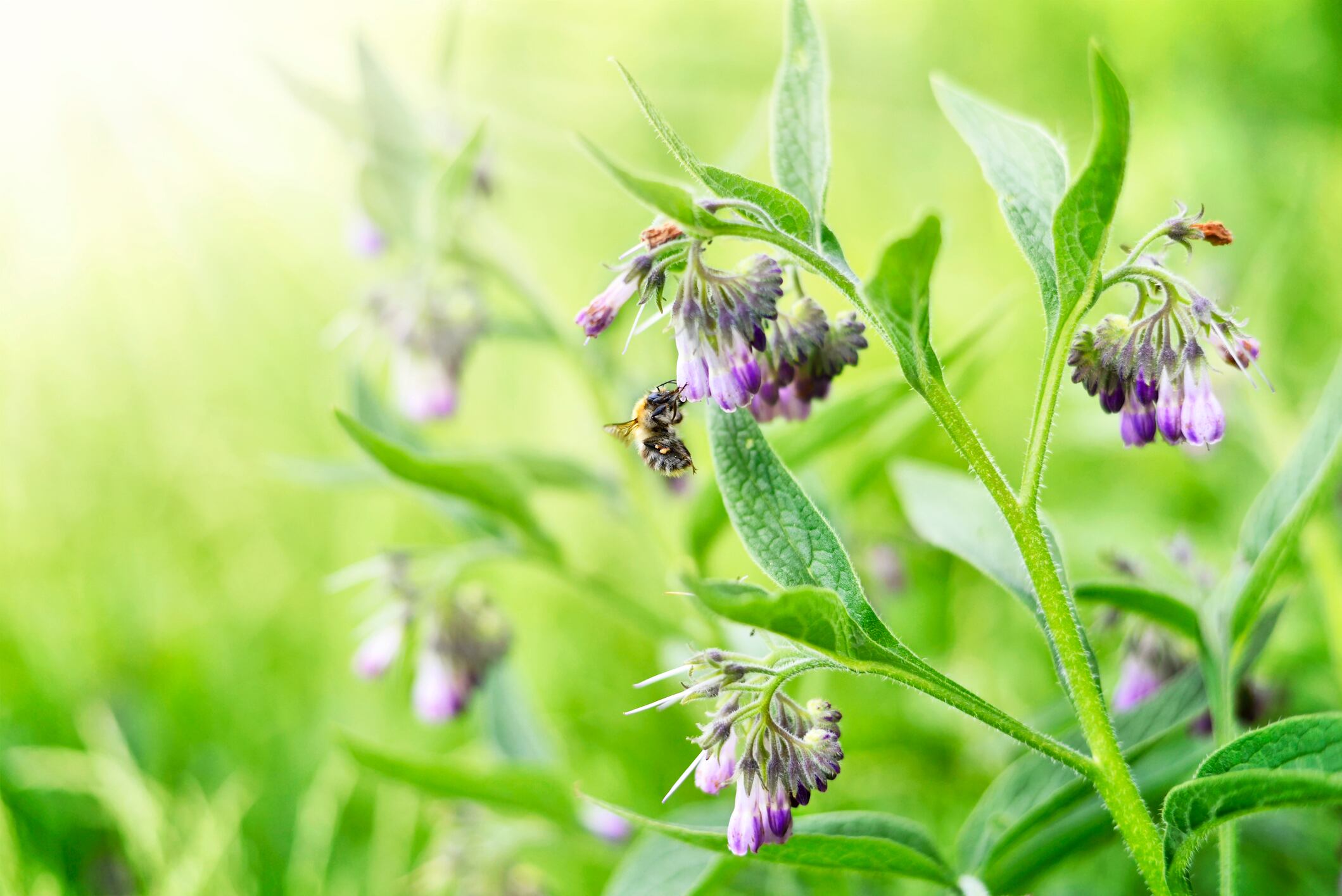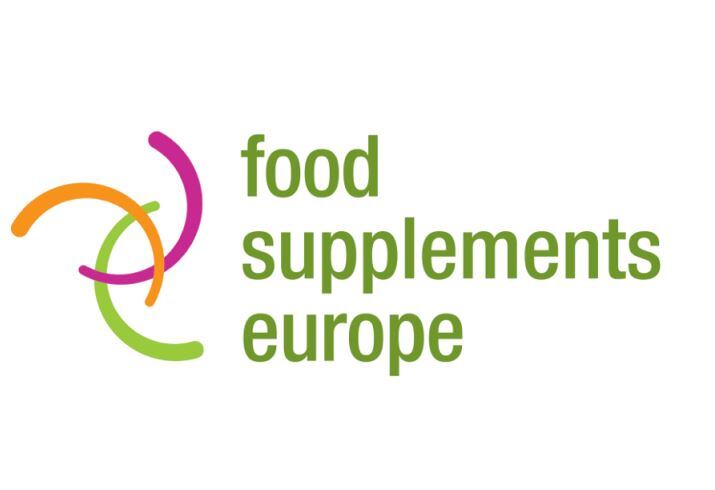The guidelines are in anticipation of impending legislation that will apply from 1 July 2022, aiding actors in the supply chain to prepare for updated values for use in dietary supplements
European Union law now rules supplements containing herbal ingredients and extracts including extracts from the tea plant Camellia sinensis, must not contain a PA level exceeding 400 micrograms per kilogram (µg/kg).
Commission Regulation (EU) 2020/2040 also states pollen-based food supplements, pollen and pollen products must not contain a PA level exceeding 500 µg/kg.
The above levels apply to the final product as sold and while the deadline has been confirmed, a transition period is foreseen, enabling operators to put measures in place to ensure these levels.
Developed alongside existing guidance documents, the publication emphasises a collective responsibility with all supply chain parties working together to implement measures for the chain members under their responsibility.
The FSE believes that final responsibility for compliance with the legal limits for PA lies with the operator responsible for the product as sold.
Raw material specs
“This operator will therefore need to ensure that his product complies with the limits by a combination of measures, including raw material specifications and controls and measures implemented during sourcing, production and storage,” FSE says.
Further advice for operators upstream in the supply chain suggests they implement the necessary measures and controls to meet the specifications set for their botanicals and derived ingredients such as botanical preparations, extracts, etc.
Suppliers would therefore need to implement appropriate measures and processes to ensure their raw materials can be used in food supplements that meet the legal requirements.
PAs are likely found in botanical preparations such as general foodstuffs, tea infusions or food supplements. Other sources include bee products, such as honey and pollen.
PA are known genotoxic carcinogens and whilst its presence in food supplements cannot be completely eradicated the approach now focuses on minimising its presence in the food chain and kept as low as is reasonably achievable (ALARA).
The FSE urges supplement makers to avoid using plants or parts of plants that are known to contain PA adding, “these plants should not be used in food supplements.
“When they are, the production process must be validated and adequately controlled to ensure that the residual PA content is below a specified limit in the final product.”
Guidance and rulings
In 2017, high consumption of tea infusions was considered a possible long-term concern for human health due to their carcinogenic properties, according to the European Food and Safety Authority.
The ruling was attributed to the consumption of food supplements based on pyrrolizidine alkaloid-producing plants, which could also result in exposure levels causing short-term toxicity resulting in adverse health effects.
EFSA’s ruling joins a selection of publications that attempt to clarify best practice for supplement production.
In 2018, Tea & Herbal Infusions Europe (THIE) published a Code of Practice to prevent and reduce PA contamination in raw materials for tea and herbal infusions.
Likewise, the German food supplements association AK NEM also published a Code of Practice that focuses on food supplements in 2019.
More recently, the German food federation Lebensmittelverband published a Code of Practice for the whole German food sector that incorporates a section on food supplements (and a reference to the AK NEM Code of Practice).
The issue of PA levels in food supplements was the focus of a recent interview with NutraIngredients-USA in which Dr Olaf Kelber, Secretary for the Society for Medicinal Plant and Natural Product Research, said its consideration was, “a tremendous important factor from an economic perspective for the industry because measures to limit these compounds can be quite expensive.”
Commenting on EFSA’s 2017 ruling Dr Kelber said, “If you take PAs just as they are, they are not really so toxic but what happens is that in the liver, they are metabolized by the P450 enzymes, which are usually for detoxification.
“But in this case, they activate these compounds so that become really reactive and could – that’s the assumption – really react with the DNA of our liver cells and cause, with chronic exposure, liver cancer.”




